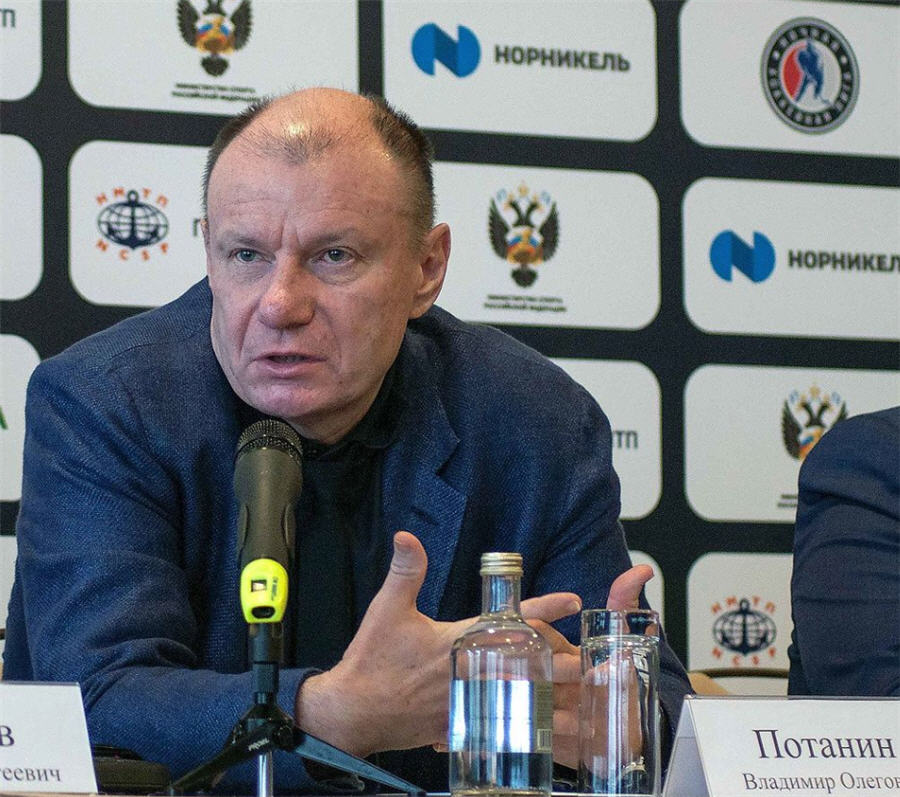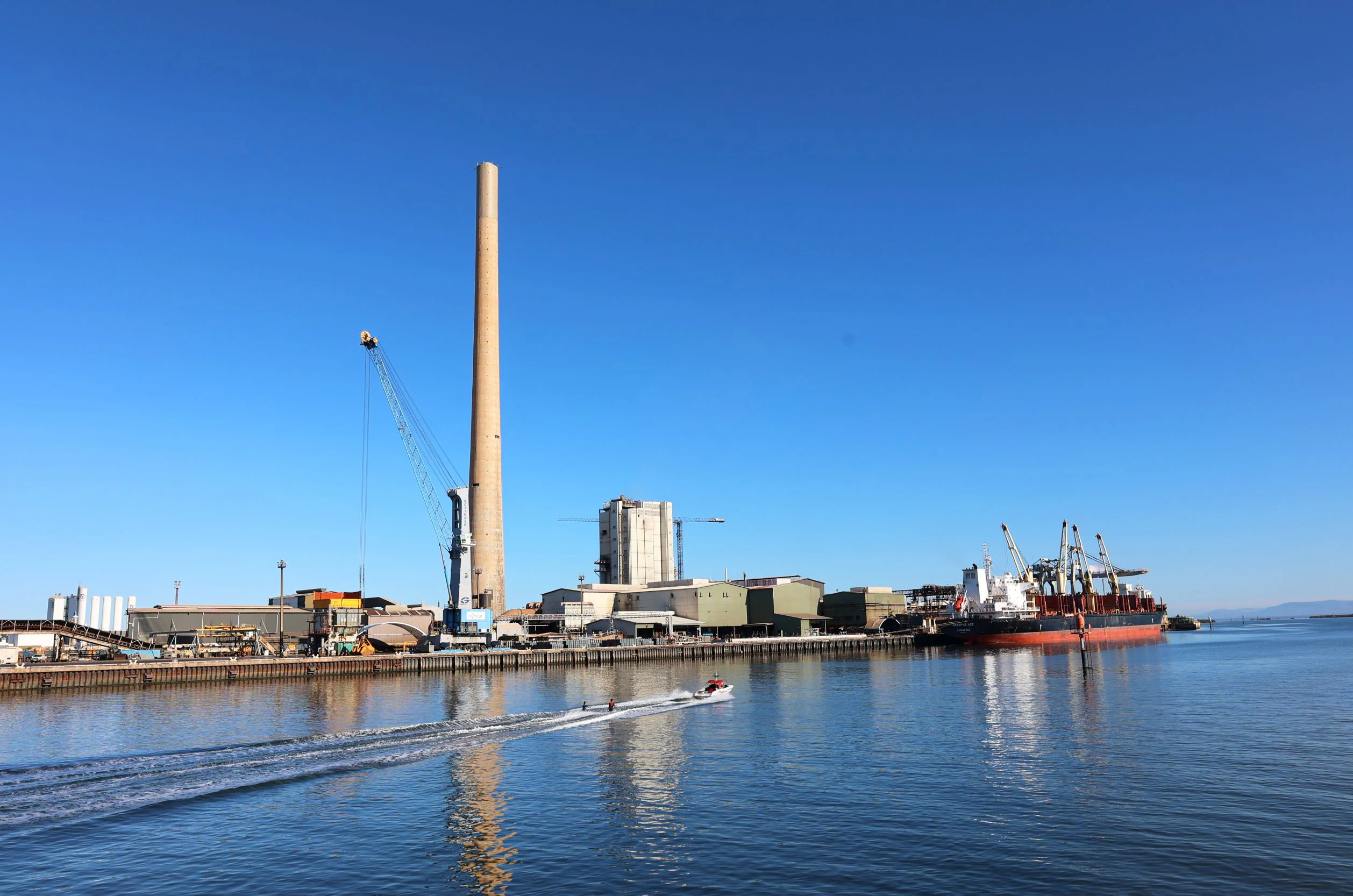Nornickel co-owner: shareholder agreement is a relic of the past

A shareholder agreement signed by Russian mining giant Norilsk Nickel’s major owners eight years ago has become a relic of the past which the $44 billion miner does not need, Vladimir Potanin, its largest shareholder, told Reuters.
Potanin’s Interros holding, aluminum producer Rusal and some other stakeholders signed the agreement on the size of dividend payouts to end a previous conflict over the matter, as well issues around broader strategy and management.
Nornickel’s market value has risen by 50% since 2012
But Potanin said it had now run its course.
“Maintaining this ‘superstructure’ will put even more pressure on Nornickel with the aim of extracting maximum dividends from it, regardless of the economic and social situation around the company,” Potanin said in his strongest public comment on the agreement so far.
The deal expires on Jan. 1, 2023, with a question over whether it will be extended or suspended after that date.
The agreement gave shareholders additional tools to control Nornickel, including a veto for major stakeholders on certain deals and financial control, as well as installing Potanin as a managing partner.
These are relics “which Nornickel does not need for further effective development and modernisation,” he said in an emailed comment to Reuters, adding that Nornickel has improved business efficiency and corporate governance since 2012.
Nornickel’s market value has risen by 50% since 2012.
However, the company has been hit by lower demand for commodities this year amid the covid-19 pandemic, which led some of its peers to reduce dividends, and a big fuel spill at an Arctic power plant in late May.
After the spill, Potanin, who owns a stake of 34.5%, proposed capping the company’s final 2020 dividend at $1 billion, while Rusal, which relies on dividends from its 27.8% stake in Nornickel, called for a management overhaul.
“Today, the vision of Interros and Rusal regarding the principles of governance in Nornickel is fundamentally different,” Potanin said.
“Rusal advocates further tightening of control systems, which, from Interros’ point of view, contradicts the principles of normal corporate governance that imply, for example, reasonable decentralisation,” he added.
(By Polina Devitt; Editing by Kirsten Donovan)
More News
{{ commodity.name }}
{{ post.title }}
{{ post.date }}




Comments